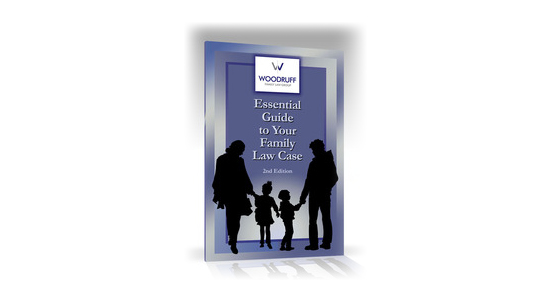Divorce from Bed & Board
One interesting facet of divorce law that attorneys in the Piedmont Triad encounter is divorce from bed and board. This is different from an absolute divorce that, in most cases, can only be granted after the two parties have been separated for at least one year.
Divorce from bed and board has many legal nuances, but is most commonly used in the following fact pattern: The parties are married and living together. Both parties want the residence, but neither party wants to move out to accomplish a separation. One spouse or perhaps both spouses ask the court to decide who should leave the home to accomplish the separation.
Divorce from bed and board does not have the same legal consequences as an absolute divorce. Legally speaking, a divorce from bed and board does not actually end the marriage between the two parties. Instead, it is a more limited form of divorce provided for by North Carolina statute.
North Carolina General Statute §50-7 provides for several grounds for divorce from bed and board.
The statute states: “The court may grant divorces from bed and board on application of the party injured, made as by law provided, in the following cases if either party:
- Abandons his or her family.
- Maliciously turns the others out of doors.
- By cruel or barbarous treatment endangers the life of the other. In addition, the court may grant the victim of such treatment the remedies available under G.S. 50B-1, et seq.
- Offers such indignities to the person of the other as to render his or her condition intolerable and life burdensome.
- Becomes an excessive user of alcohol or drugs so as to render the condition of the other spouse intolerable and the life of that spouse burdensome.
- Commits adultery.
As you can see by these statutory grounds listed above, divorce from bed and board is a fault-based action. The spouse seeking the divorce from bed and board must prove that the other spouse has done one of the above six grounds in order for the court to grant a divorce from bed and board. Thus, if the spouse cannot prove the fault of the other spouse, the court will not grant the divorce from bed and board. One of the six grounds listed above must be present.
This is another way in which divorce from bed and board differs from an absolute divorce. An absolute divorce in North Carolina is a no-fault action, in which neither spouse must prove the fault of the other. Instead, the two parties must only remain separated for one year. In contrast, a divorce from bed and board requires the demonstration of fault on the part of the one of the parties to the action. Without such a demonstration, the court will not grant a divorce from bed and board.
Divorce from bed and board is a nuanced and somewhat complicated action. The attorneys and staff here at Woodruff Family Law Group are well versed in handling complicated situations and are able to navigate the waters of divorce from bed and board.









